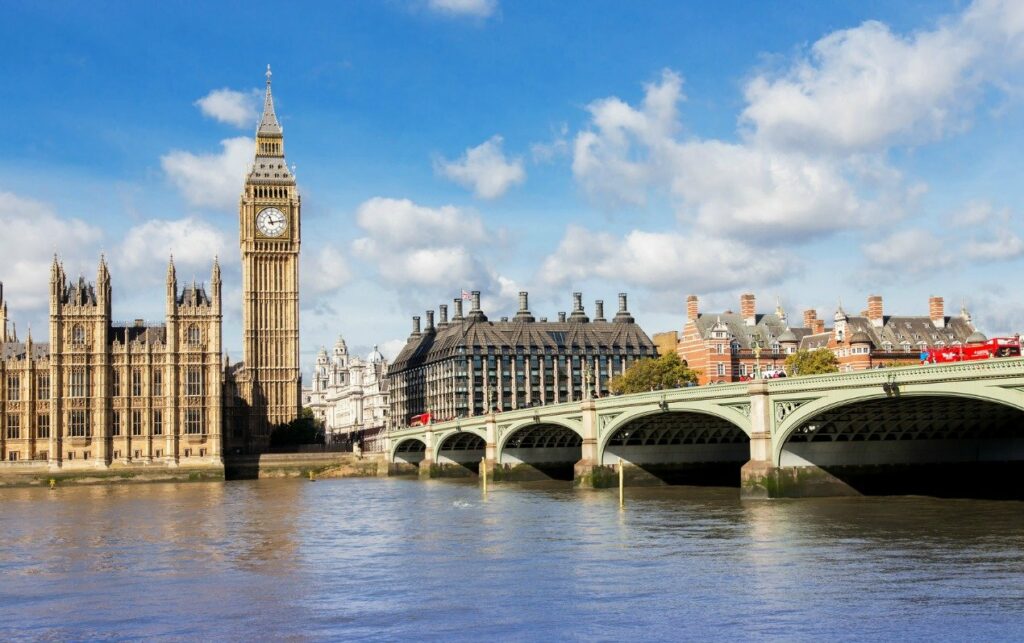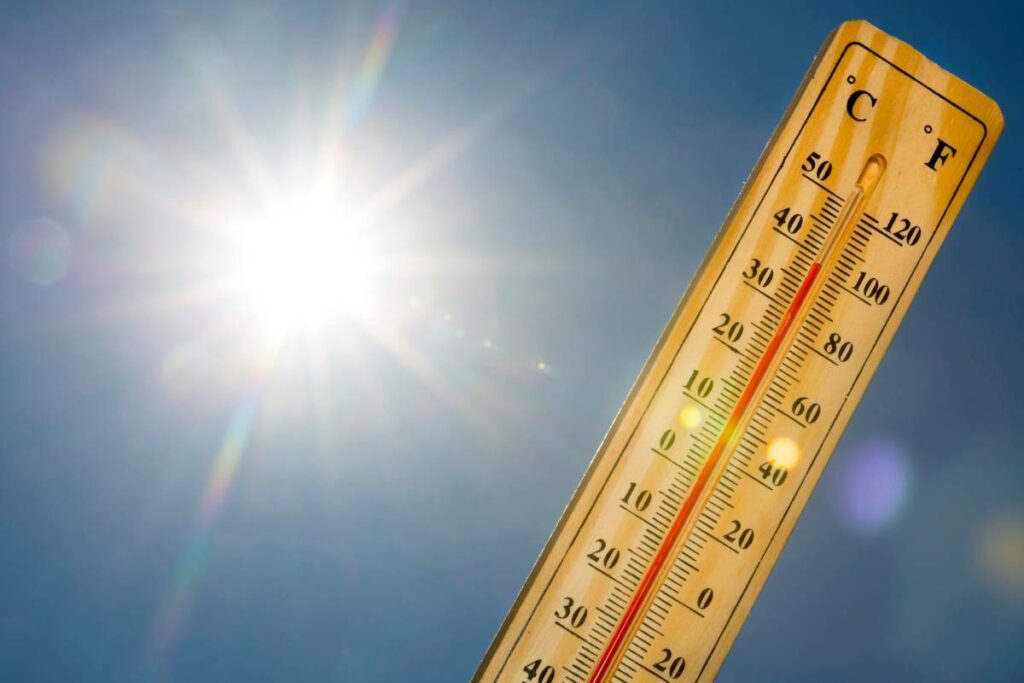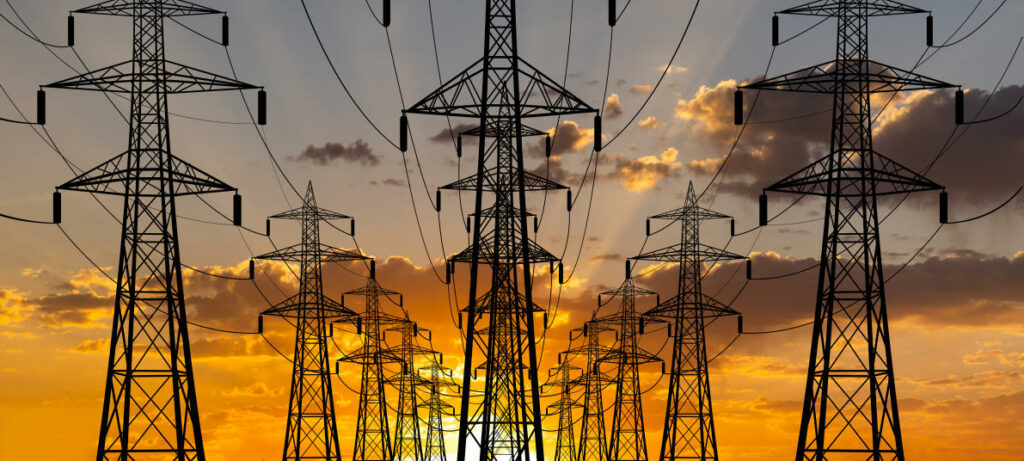The “this pandemic is a foretaste of climate change” argument is everywhere. In a creative twist, Aaron Bernstein of the Harvard School of Public Health, in the Guardian’s paraphrase, claims “climate change was also forcing animals to move” closer to us. There are surely other things one would look at before thermometers to understand animal-to-human viral transmission. It isn’t a heat wave that drives pangolins into traps from which they are put into crowded cages and trucked into crowded cities where they are eaten by people who then get into airplanes. Rhinoceroses are not fleeing the Serengeti for the suburbs to get a break from the heat.
Constant harping on trivial changes in weather distracts us from real lessons. For the record, we do urge everyone not to pave paradise and put up a parking lot. A world without wild spaces and wild animals, not just in zoos or on reserves but ranging across wide-open spaces, is one we contemplate with horror. But let us defend it on rational grounds.
Canadians should also realize how fortunate they are to live in a place where cities and even farms are dots between vast stretches of wilderness; it’s not true in countries like Belgium, let alone most of Asia, and it’s increasingly not true in Africa either. And everyone should understand that growth-killing policies do not protect the environment; they drive desperate people to cut down rainforests and poach endangered species. It is wealthy nations and societies that can afford to start giving nature room to breathe again.
For precisely that reason we also do not want to sacrifice the economy on the green altar, nor do we think that by doing so we will get fewer extinctions or emergent diseases as Gaia chills. Exactly the reverse is more likely true.


